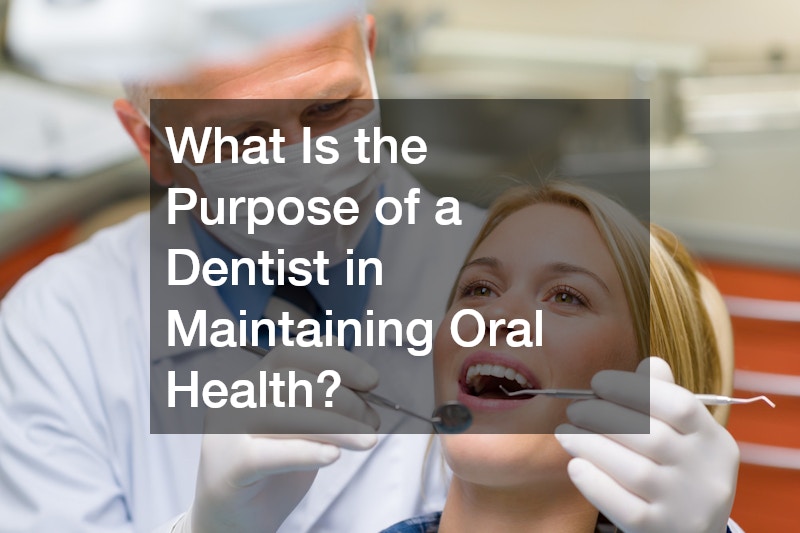Making Regular Oral Care a Habit Can Head Off Major Problems


When it comes to oral hygiene, the best rule is to start them young. Inculcating the habits of oral care and teaching your kids how to use oral hygiene products correctly gets them off to a good start. Basic oral health care like flossing, brushing and tongue cleaning doesn’t hurt adults either, and they can sometimes need reminding. These simple actions make all the difference, making multiple visits to the dentist unnecessary. That’s an idea your kids are sure to love.
The condition of your teeth and gums can affect your overall health and well being. Even though most people are aware of that, it’s easy to neglect basic dental hygiene. Especially when you get older and tend to fall asleep in front of the tv while waiting for the 10 o’clock news, skipping a nightly flossing and brushing can become a habit. And some way down the road, it can lead to serious problems.
Why oral hygiene matters
The numbers are quite alarming. Around 26% of adults in the U.S. between the ages of 20 to 64 years have dental cavities requiring treatment. For adolescents between the ages of 12 to 19 years, one out of five or 20% have teeth with untreated decay.
Around 47.2% or 64.7 million American adults, or nearly half, suffer from mild, moderate or severe periodontitis. And more than 75% of the U.S. population suffers from gum disease in the form of gingivitis, an early stage, or from advanced gum disease.
Clearly, the cumulative effects of neglecting oral health can be harmful. And painful, requiring multiple visits to the dentist to fix. Most of these problems could be prevented by following a regular routine of dental care.
Oral care for children
The best way to teach your children good oral hygiene is to start them young. The American Dental Association (ADA) recommends taking your child to the dentist for a first visit by their first birthday, or within six months of the first tooth. Even kids need to floss. Brushing by itself doesn’t cleans teeth only about 70%, while flossing takes care of the remaining 30%. For completely clean teeth, you need to both brush and floss.
Dentists recommend that kids should start flossing their teeth as soon as two teeth begin to touch. Dental sealants can also help to prevent tooth decay. Some school-based programs offer dental sealants which last up to five years and can prevent as much as 60%. Almost a third or 30% of children between the ages of 6 to 11 years have dental sealants.
Learning to use oral hygiene products correctly
By the age of 7 years, children should be evaluated for orthodontics, according to the American Association of Orthodontists and the American Dental Association. Given all the problems contingent on inadequate oral care, it’s important to start children early and to get them into the habit of using oral hygiene products twice daily as recommended by dentists. By putting your kids on the road to lifelong dents, health, you’re also saving them some painful visits to the dentist.

